
 Instagram
Instagram
What vitamins support hair growth?
.png?v=1674734019532)

Related products
An overview
Even though there are numerous causative factors of hair loss, vitamin deficiencies may also play a role.
In addition to hair loss, vitamin deficiency can cause other issues, like lethargy, eye problems and dry skin. The tough and sensitive process of taking care of your hair can become much more difficult when vitamin deficiency is involved
Your entire body or your scalp may experience hair loss, and it may be either temporary or permanent when it starts. It could be due to factors like hormonal change, poor nutrition, and ageing effects. Hair loss is common in males and females. However, it is believed that it most frequently occurs in males than in females.
We frequently worry why, despite the best efforts to take care of our hair, we continue to lose them. We might not always keep thick and glossy hair, even after using the best shampoo, eating a healthy diet, and styling the hair properly.
This means that there are other factors, such as vitamin intake, that affect hair loss.
Various vitamins and minerals are necessary for the growth of new hair follicles. If your body is deficient in such vitamins and minerals, the hair follicle becomes weak, which leads to hair loss. To know the serum vitamin levels, visit the Welzo store.
This article will describe in detail the effect of vitamin deficiency on hair loss.
Read more: The most common causes of hair loss?
Do vitamin deficiencies cause hair loss?
There are several reasons to believe that vitamins and minerals play an important part in hair loss (alopecia). Micronutrients are an important part of the typical hair follicle cycle because they contribute to dividing the cell at a more rapid speed, which results in more hair follicle formation and prevents hair loss.
Most of the hair follicles are in the anagen phase, which requires proteins and vitamins to develop hair follicles and form healthy hairs. If these nutrients are not provided at the time, the hair follicle remains in the anagen stage and can't produce healthy follicles, resulting in weakened hairs and ultimately leading to hair loss.
The immune system targets the hair follicle of your body, causing hair loss. Low vitamin D levels have been linked to hair loss. If vitamin D levels are low, supplements with vitamin D should be used to strengthen the hair follicle and prevent hair loss. However, minerals like iron, folate and vitamin B also involve in hair problems. They cause the whitening of hair during early adulthood. Using dietary supplements of these vitamins can prevent hair from whitening.
Read more: Which vitamin deficiency causes hair loss?
The following are some important Vitamins and minerals that cause hair loss
Vitamin A
The body uses vitamin A for various functions, including immune system involvement, tissue regeneration, and development. It is also essential for eyesight. Preformed vitamin A and provitamin carotenoids are both forms of vitamin A that should be found in your daily routine diet.
Vitamin A is needed to produce the essential level of sebaceous or scalp oil. In case when there is not enough sebum in your scalp, it results in the production of dandruff on the scalp. Hair that lacks sebum will be dry, brittle, and prone to breaking. Eventually, all these problems lead to hair loss.
Vitamin B complex

Vitamin B12 is needed to produce red blood cells in your body. Red blood cells help to transport oxygen to the hair follicle. If you have a low level of vitamin B 12, you will not be able to grow healthy hair as your hair follicle cant get adequate nutrition. Vitamin B can also cause anaemia, a major cause of hair loss in most anaemic patients.
If you're young and you've observed that your hair is greying, your vitamin B12 level should be checked, it shortage may be responsible. According to studies, a vitamin B12 shortage might cause sudden greying of the hair.
Vitamin C

Your body needs vitamin C for various processes, including collagen synthesis, bone health, wound repair, and tissue maintenance. Vitamin deficiency leads to poor absorption of iron from the blood, which causes iron deficiency anaemia. Iron is needed to lengthen hair and the healthy growth of hair follicles.
Vitamin C deficiency is caused by smoking, poor diet and chronic diseases. Your diet must contain adequate vitamin C intake to fulfil the body's requirements and prevent hair loss.
However, combining dietary supplements and a balanced diet is recommended for promoting regeneration when hair loss or grey hair is a problem. Be careful that your body cannot absorb iron if your vitamin C levels are insufficient, even if you consume iron.
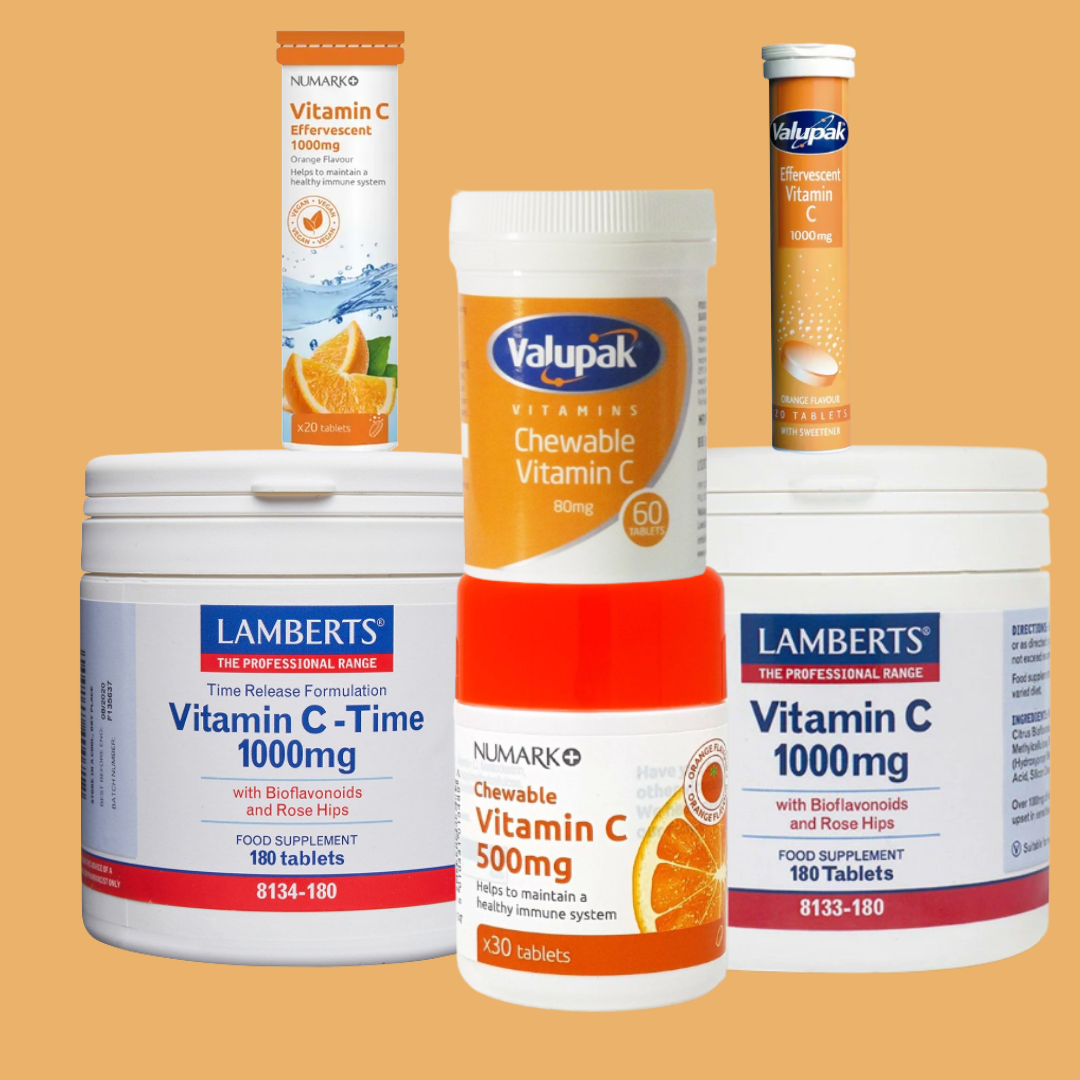
Vitamin D deficiency
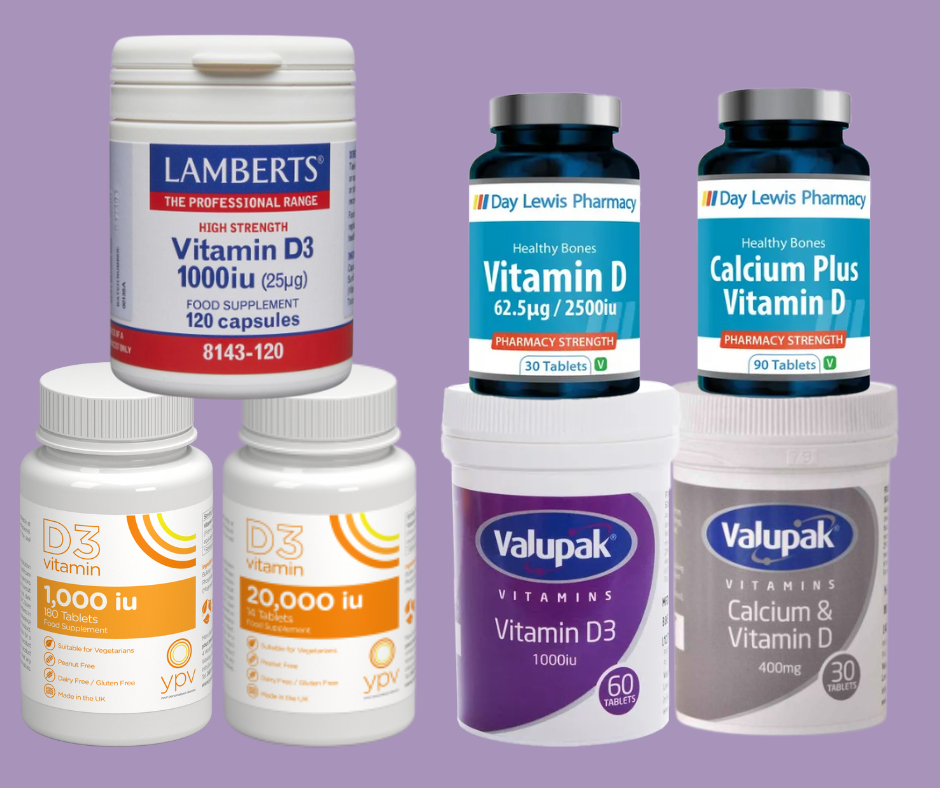
Hair weakening is linked to a deficiency of vitamin D. The regeneration and maintenance of hair also depend on vitamin D. As low amounts of vitamin D can also result in psoriasis and a dry scalp, it is crucial to keep healthy levels of vitamin D in order to avoid hair loss. For this reason, vitamin d supplements are also needed
Vitamin E deficiency
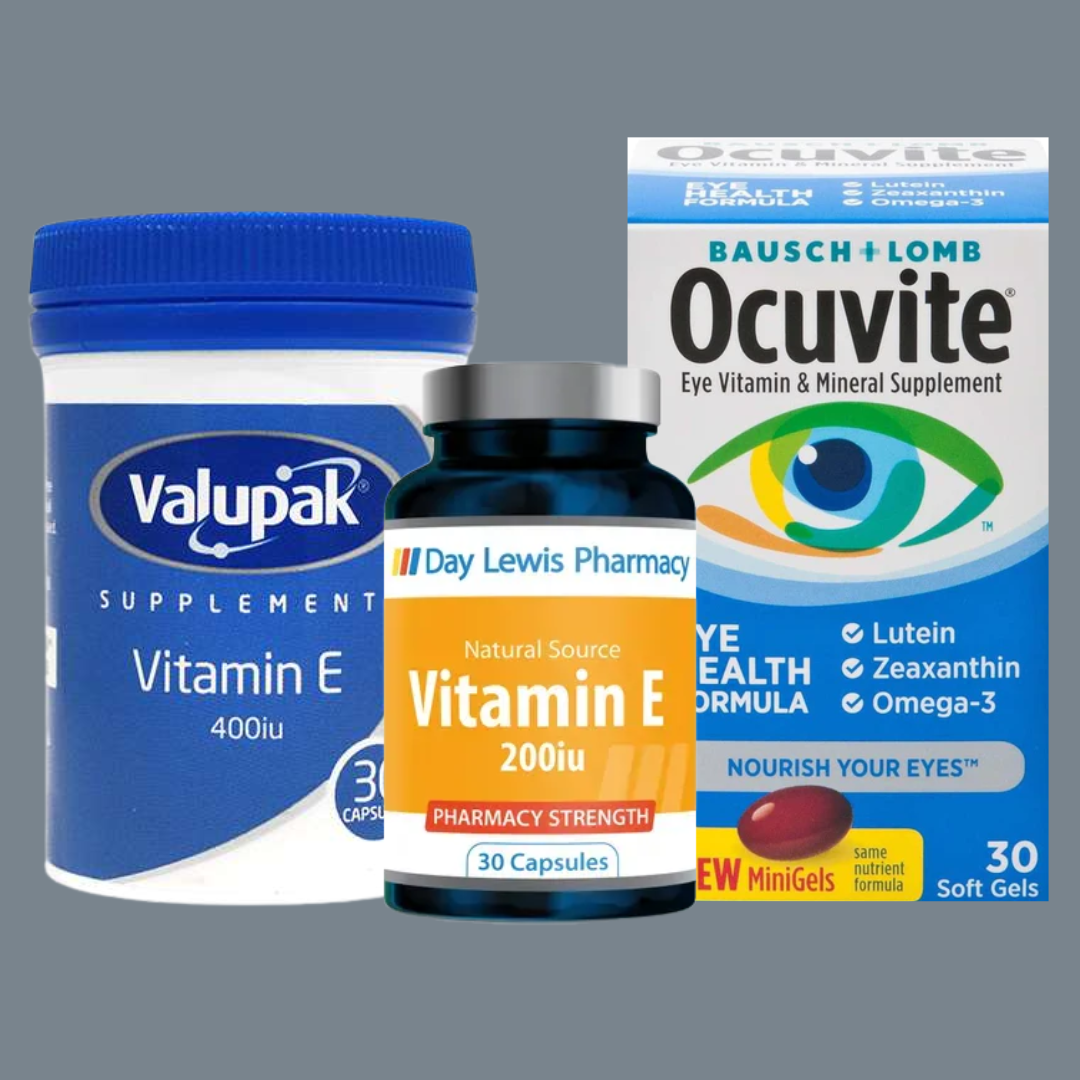
Vitamin E is found in various foods and it functions as an antioxidant in your body. It prevents cell damage. Therefore it prevents the hair follicles from breaking. Vitamin E is necessary to boost blood flow towards the scalp, providing nutrients to the hair follicles.
Folic Acid
Folic acids are helpful in tissue regeneration and hair growth.
Additionally, it is in charge of maintaining the health of your body's red blood cells. To receive your recommended daily intake of folic acid, you should eat fruits, nuts, leafy greens, beans, meat, and chicken.
Iron
Iron is required by your body to make haemoglobin, which carries oxygen to your tissues. In the case of iron deficiency, only the main organs receive oxygen all other organs, including hair follicles, are deprived of oxygen which results in weak hair follicles.
Read more: 7 ways you may be damaging your hair.
Hair loss treatments
Following are some treatment options for treating hair loss.
-
Zinc supplementation
-
Eating dark green vegetables
-
Iron-rich foods and iron supplements
-
Hair transplant
Read more: The top hair loss treatments.
If you're looking for products and medications to slow down hair loss, read our Hair Loss Information Page.
Or, evaluate your blood with our Hair Loss Blood Test to find if you have any underlying concerns that may be causing your hair damage.
Related Services
- Hair loss treatment
- Finasteride
- Female hair loss blood test
- Alpecin Shampoo
- Regaine
- Regaine for women
- Regain foam for men
Related articles
- What vitamins support hair growth?
- Cures for itchy scalp and hair loss
- Can stress cause hair loss?
- Can masturbation cause hair loss?
- Can creatine cause hair loss?
- Best female hair loss treatments?
- The most common causes of hair loss
- How to cope with postpartum hair loss?
- How does DHT cause hair loss?
- Cures for itchy scalp and hair loss
- What vitamin deficiency causes hair loss?
- Can wearing a hat cause hair loss?
- Dutasteride vs Finasteride: What's Best for Hair Loss?
- Relationship between diet and hair loss
- Top 7 Hair loss treatments
- What happens if you stop taking finasteride?
- Does stress cause hair loss?
- Why do men go bald?
- Guide to hair thinning
- Hair thinning at the front - what are the options?
- 11 Ways you may be damaging your hair
- What is non-surgical hair replacement?
- Hair growth explained
- Why does hair fall out in clumps?
- 5 Signs of hair thinning
- How many hairs should you lose per day?
- Do I have a receding hairline?
- How to spot a balding crown
- Early signs of balding and how to stop it
- Regaine vs rogaine - what's the difference?
- How long does minoxidil take to work?
- What are DHT blocking shampoos?
- How to get rid of split ends

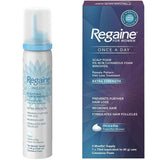


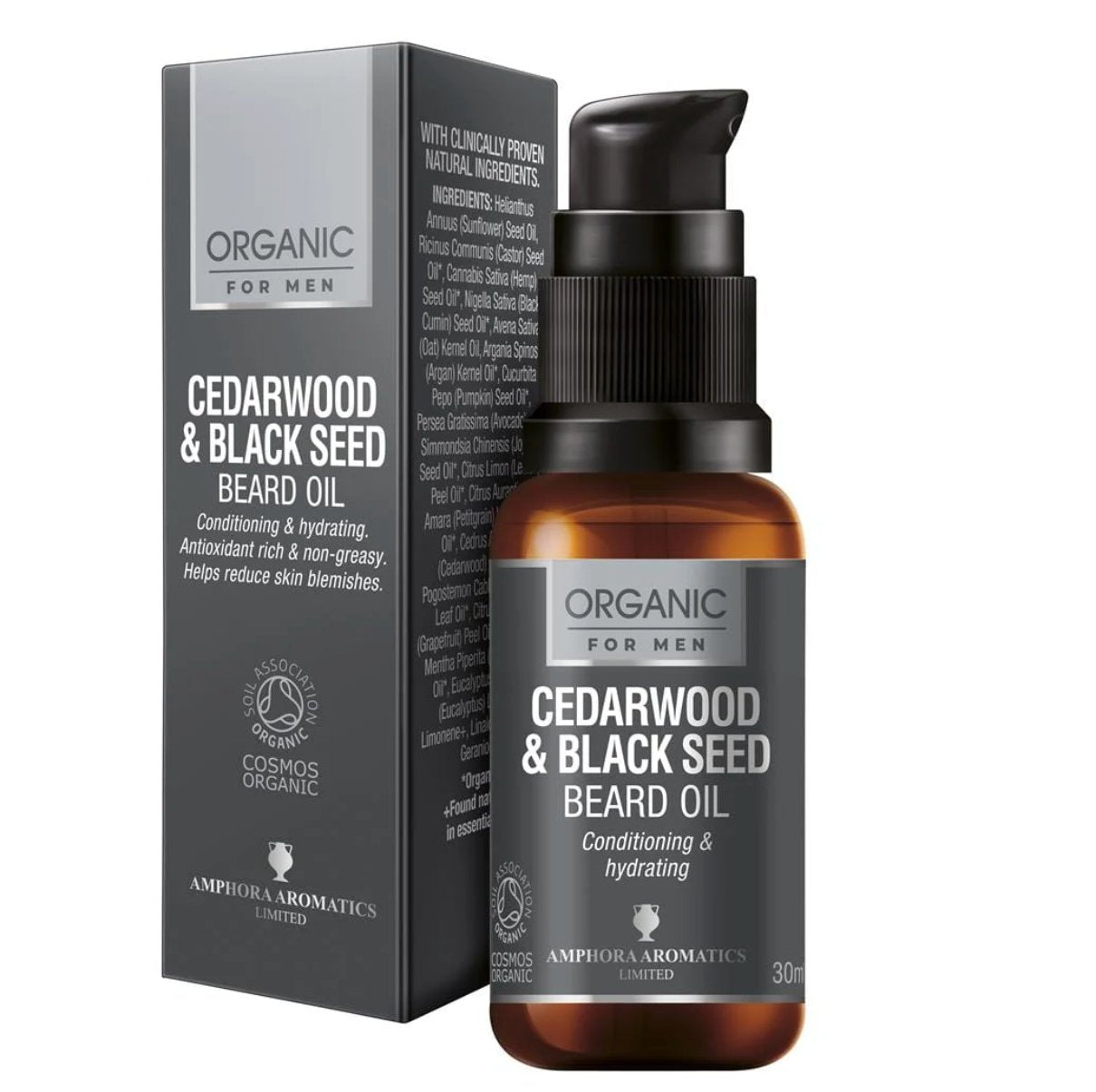



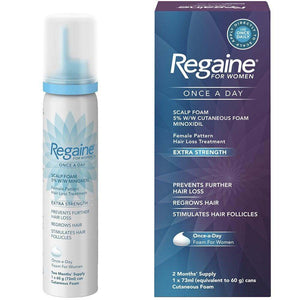
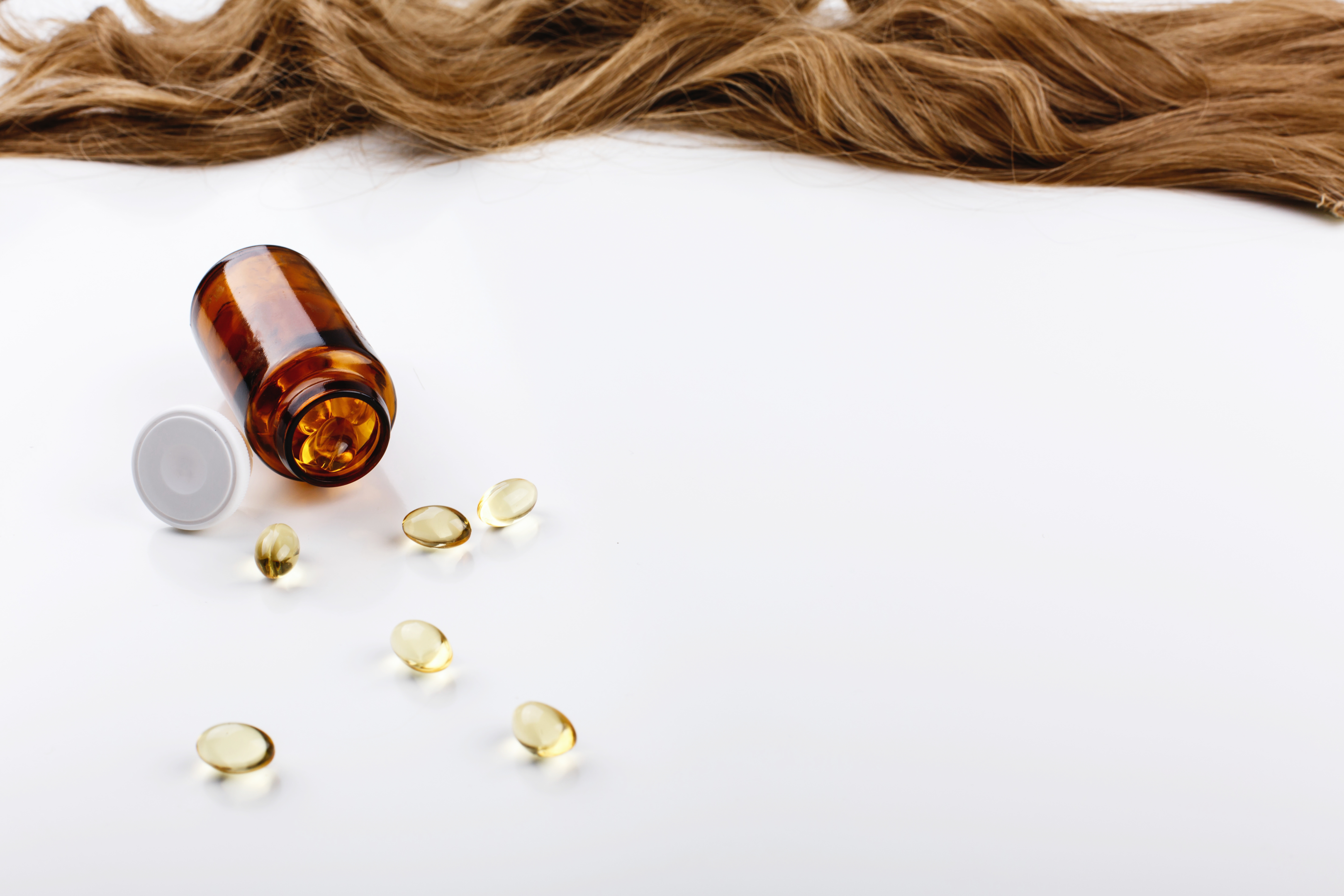
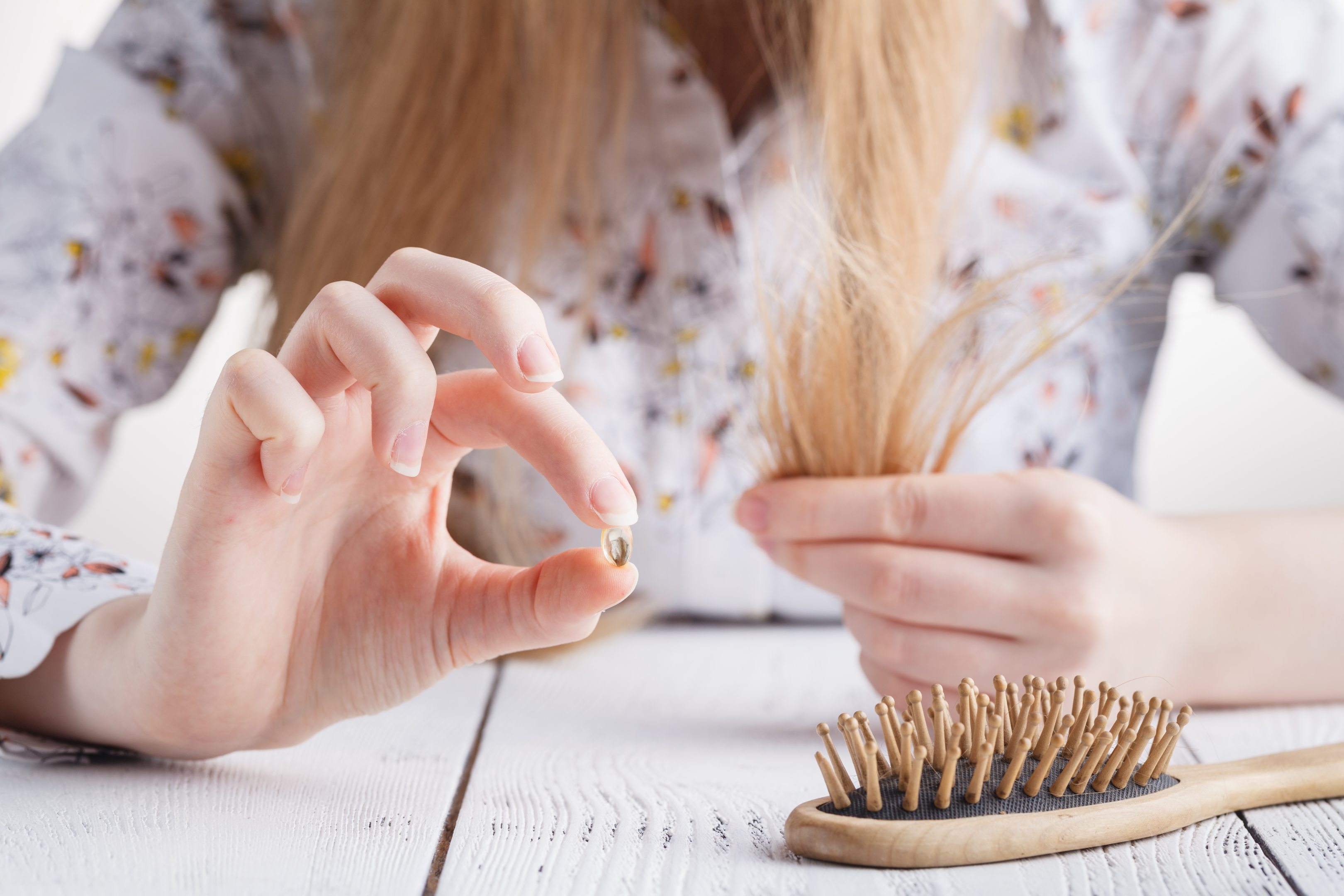

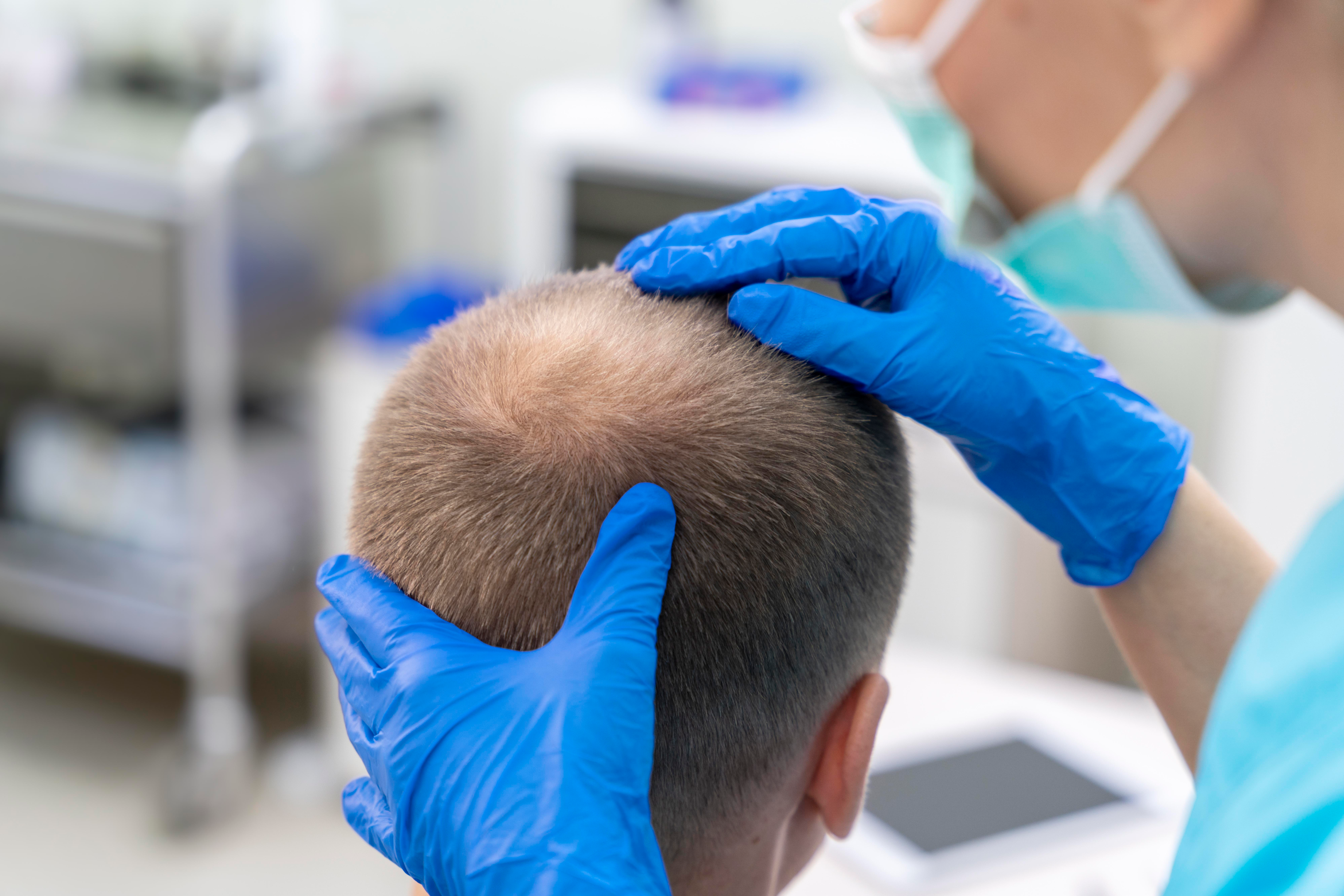

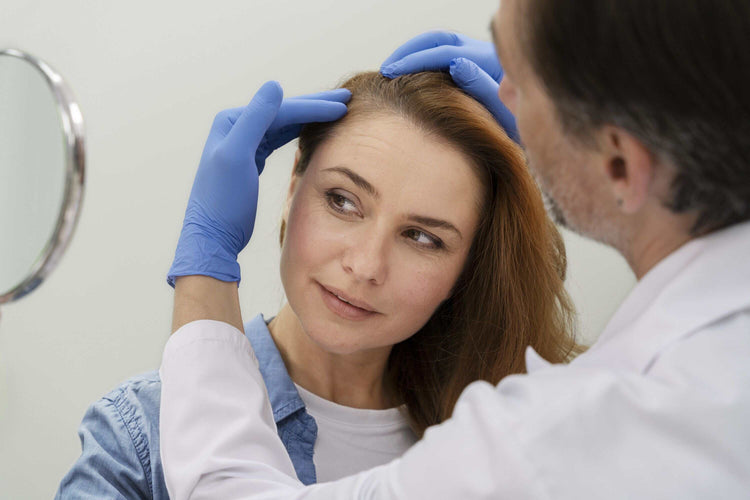

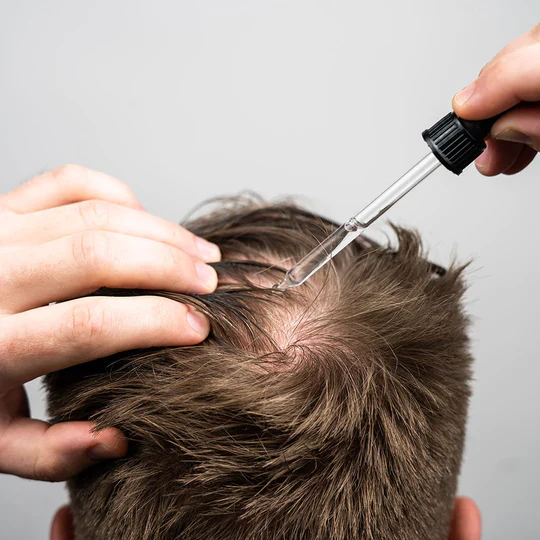
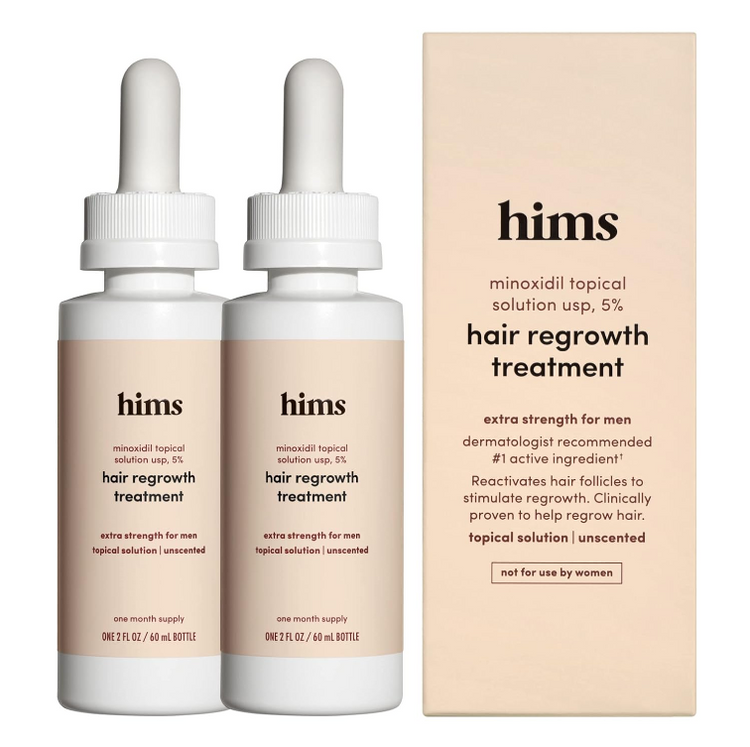
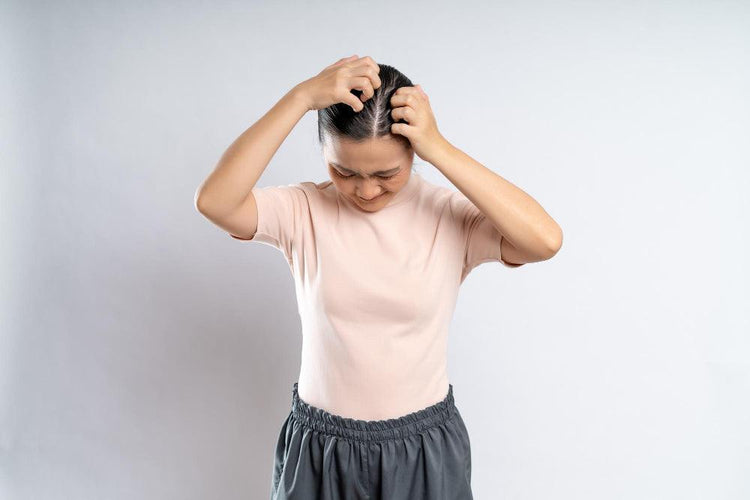

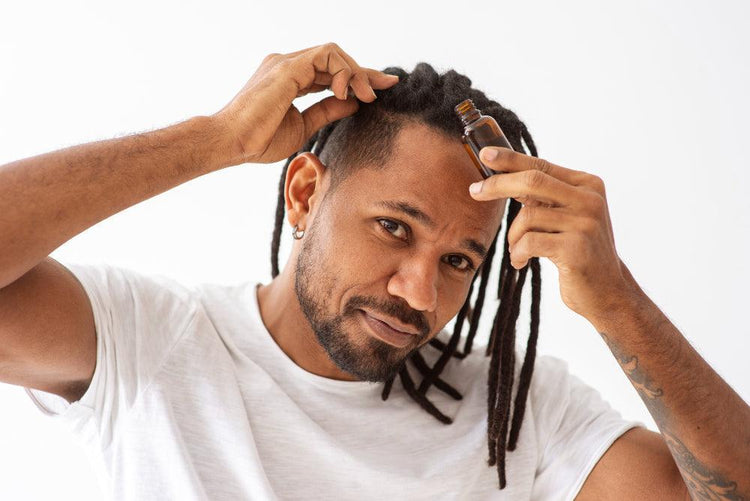
 Rated Excellent by 26,523+ Reviews
Rated Excellent by 26,523+ Reviews